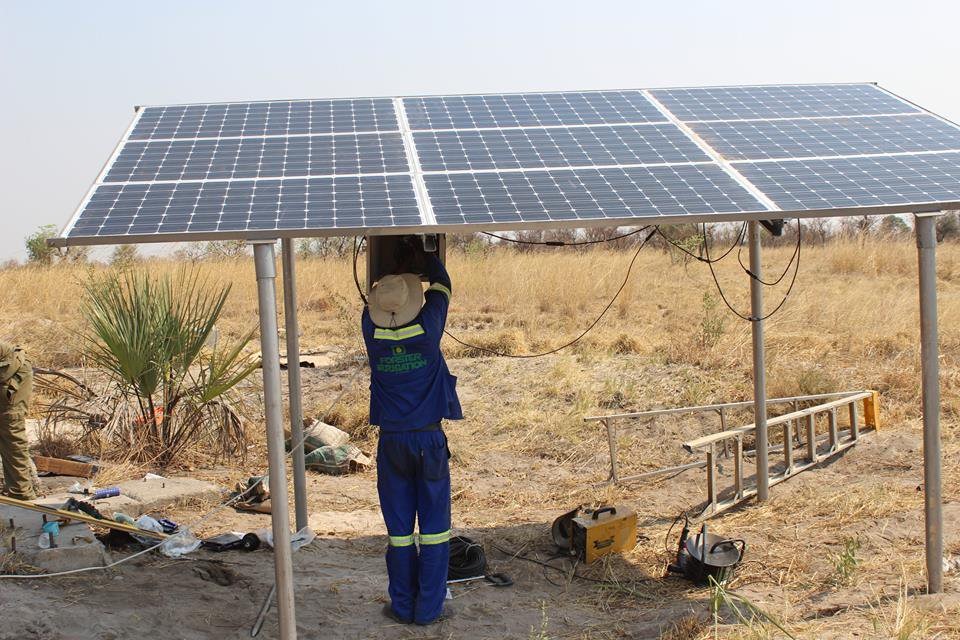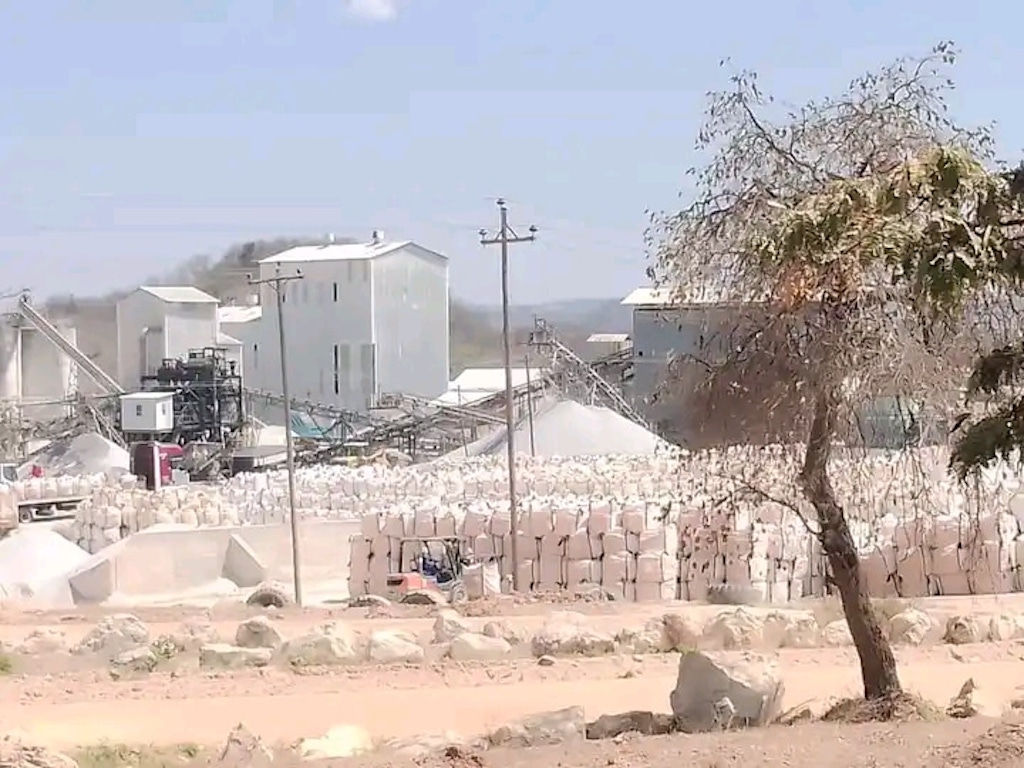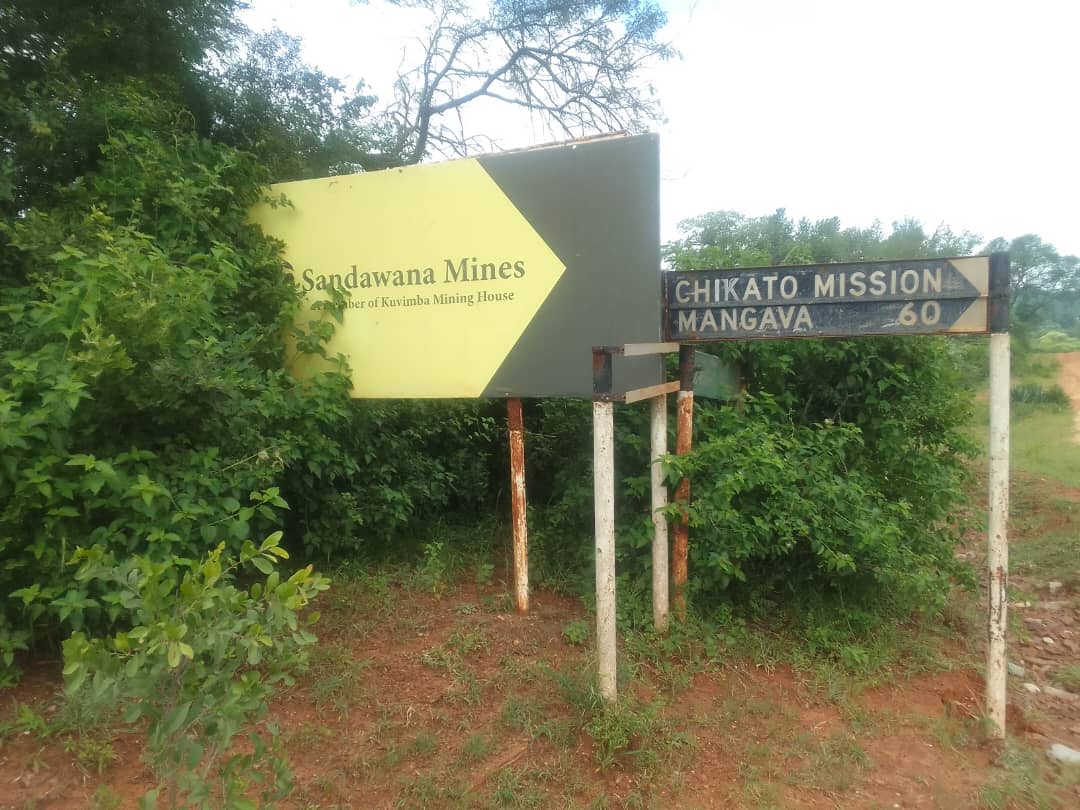Trymore Tagwirei
Zimbabwe holds the largest reserves of lithium in Africa and ranks fifth globally in terms of lithium deposits, with Bikita Minerals alone producing 60 000 tons of petalite per year.
If properly mined, beneficiated, and exported, these vast lithium deposits could earn the country much-needed foreign currency to meet its developmental objectives and transform the lives of its people.
Bikita Minerals, for instance, operates a spodumene plant with capacity to produce 30 000 tons of spodumene concentrate annually. Spodumene has higher levels of lithium mineralization than petallite, and it fetches more prices on the global market.
Lithium, which is often referred to as ‘white gold’ could become the foundation of a green economy, potentially positioning Zimbabwe as a key regional player in the production of lithium batteries and other green products essential for the transition to cleaner energy.
The critical resource gives Zimbabwe some potential to become a top producer of electric vehicles, and lithium ion batteries that work with solar panels, but the resource all gets shipped away mostly to China which is the world leader in electric vehicle production.
In 2023, President Mnangagwa commissioned a spodumene plant at Bikita Minerals, which the company reported to have built in record one year at a cost of US$300 million.
“The significant milestone aligns with the government’s efforts to consolidate Zimbabwe’s position as a regional and global hub for lithium mining and related industries. It is in sync with my administration’s focus on minerals value addition and beneficiation towards propelling the multi-faceted growth for our economy,” said Mnangagwa during the commissioning ceremony.
More importantly, Zimbabwe’s abundant mineral resources could help the country attain upper-middle-income status by 2030, as outlined in its NDS1 medium-term policy. However, the lithium sector is currently dominated by Chinese entities, with minimal participation from local communities.
Read more: Energy transition: vast opportunities for Africa despite challenges
The just transition ought not to leave anybody behind
Of their own lithium, communities getting only crumbs
Degradation of the social fabric in Mberengwa’s lithium dystopia
Energy: Zim talks solar, acts coal
Studies indicate that while natural resource endowments have the potential to transform economies and uplift rural livelihoods, they can also present risks. At Arcadia Mine (Goromonzi district), Bikita Minerals (Bikita district), Sabi Star Mine (Buhera district), Zulu Lithium Mine (Insiza district), Chinese companies have established processing plants. While this investment has created new jobs development, it also raises concerns about land encroachment and environmental degradation.
Bikita Minerals’ mining operations have encroached onto people’s fields and residential areas, with families settled at George Nollen Farm for over 20 years facing significant challenges due to expanding mining activities. Adonia Togara, who resettled at the farm during the land reform program, expressed concern:
“I have lived here for over 20 years. This is the only home I know. The mine is abusing us. They once promised to allocate us land, but we are still waiting. Our fields were affected by their slime dam, and we no longer have land for farming,” said Adonia Tongogara who settled at the onset of the Land Reform Programme in 2000.
Across many regions, resource endowments have been linked to conflict, smuggling, and racketeering. Global criminal syndicates often use financial and legal influence to seize mineral rights, sometimes resorting to militia violence. They bribe politicians, illegally acquire mineral rights, and evade taxation, undermining national efforts to benefit from these resources.
Zimbabwe faces similar threats, with a 2023 investigation by Al Jazeera exposing corruption and highly-organised smuggling of gold out of the country.








